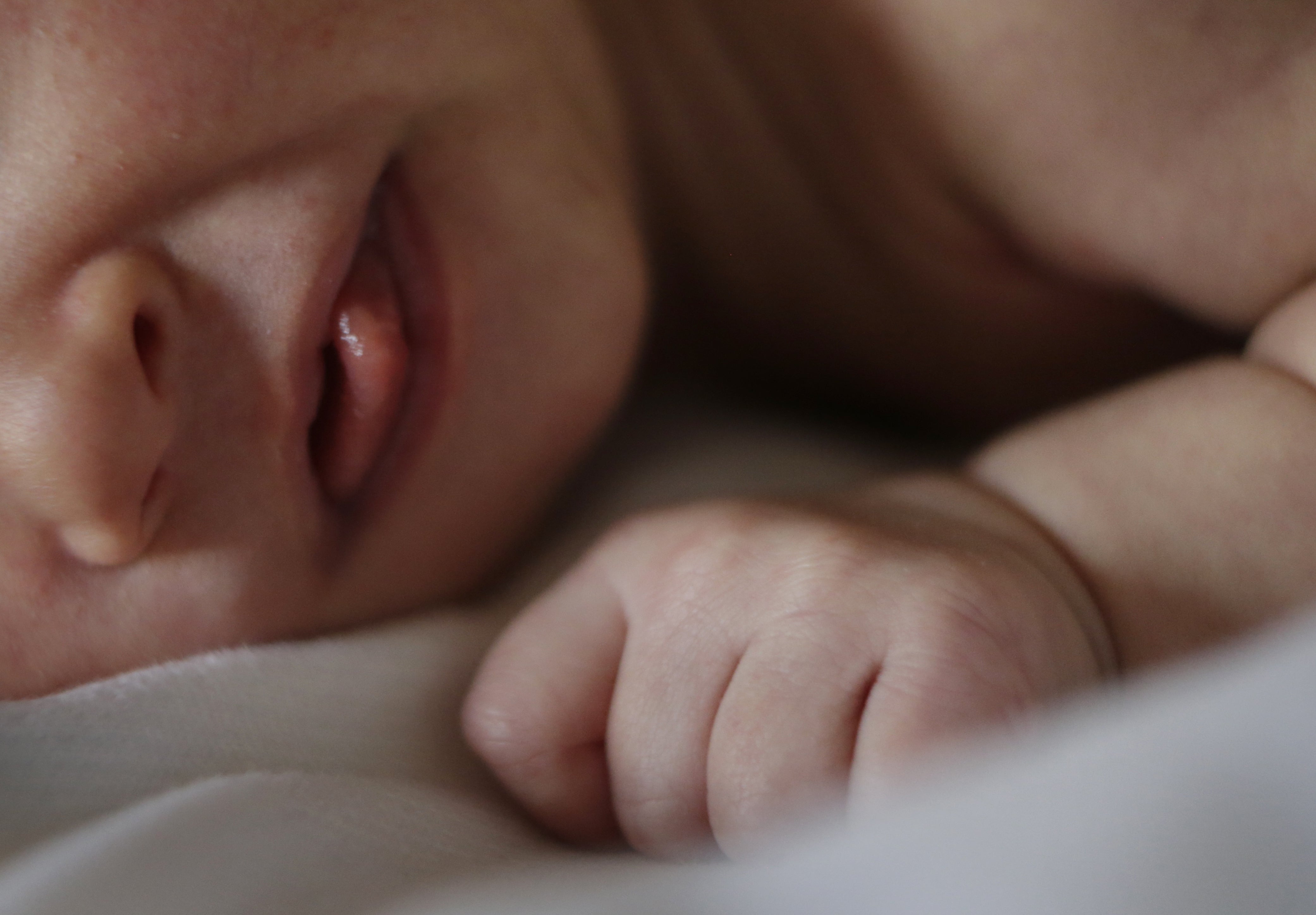Finding out the sex of a baby could lead to better life chances, study suggests
Scientists have discovered the sex of a foetus can affect how well the placenta actually functions.

Your support helps us to tell the story
From reproductive rights to climate change to Big Tech, The Independent is on the ground when the story is developing. Whether it's investigating the financials of Elon Musk's pro-Trump PAC or producing our latest documentary, 'The A Word', which shines a light on the American women fighting for reproductive rights, we know how important it is to parse out the facts from the messaging.
At such a critical moment in US history, we need reporters on the ground. Your donation allows us to keep sending journalists to speak to both sides of the story.
The Independent is trusted by Americans across the entire political spectrum. And unlike many other quality news outlets, we choose not to lock Americans out of our reporting and analysis with paywalls. We believe quality journalism should be available to everyone, paid for by those who can afford it.
Your support makes all the difference.Boys are more demanding than girls before they are born, and finding out the sex of a baby during pregnancy could lead to better life chances, scientists suggest.
According to a new study, male baby pregnancies are more likely to result in complications, possibly because they grow faster in the womb.
They may also require more nutrients and oxygen than supplied by the mother through the placenta, researchers indicate.
But actually knowing the sex would help to identify whether a pregnancy may be at greater risk than another...
Now scientists have discovered the sex of a foetus can affect how well the placenta – the temporary organ that attaches to the wall of the uterus during pregnancy to help the foetus grow and develop – actually works along with factors such as the mother being obese and stress.
The findings are based on analysis of pregnancies in lab mice.
Around one in 10 women are affected by pregnancy disorders, such as foetal growth restriction – when an unborn child is not growing at the normal rate, and pre-eclampsia – a life-threatening high blood pressure condition for both mother and child.
These can both be difficult to predict and treat.
Individual treatment plans and encouraging pregnant women to make lifestyle changes based upon the sex of their unborn babies could have lifelong health benefits for their children, the findings suggest.
Dr Amanda Sferruzzi-Perri, a fellow of St John’s College, carried out the research with her team from the University of Cambridge Department of Physiology Development and Neuroscience at the Centre for Trophoblast Research.
She said: “Often parents don’t want to know the baby’s sex because they want it to be a surprise.
“But actually knowing the sex would help to identify whether a pregnancy may be at greater risk than another because we know that some conditions of pregnancy such as pre-eclampsia and foetal growth restriction can be more prevalent in women that carry male babies than females.”
Dr Sferruzzi-Perri added: “We don’t quite know 100% why that is but it might be related to the fact that male babies grow faster within the womb.
“So it might be that their demands for nutrients and oxygen supplied from the mother through the placenta can easily become limited, so the male baby may not be receiving all that it really wants and needs to grow to its full capacity.
“It may be that its resilience against stresses or poor conditions in pregnancy may be lower than say, for females, who have got less requirements.”
Dr Sferruzzi-Perri’s research team has revealed its findings in a paper published in the journal Biology of Reproduction.
A second study written in collaboration with fellow researchers in institutions across the world, which demonstrates how diet-induced maternal obesity changes the structures of the placenta and affects baby growth, is published in the journal Acta Physiologica.
Dr Sferruzzi-Perri said: “The data that we’ve been generating in the lab has really shown us that we have to consider the sex of the baby when monitoring a pregnancy.
“Therefore maybe treatments should be tailored based on the sex of the baby.”